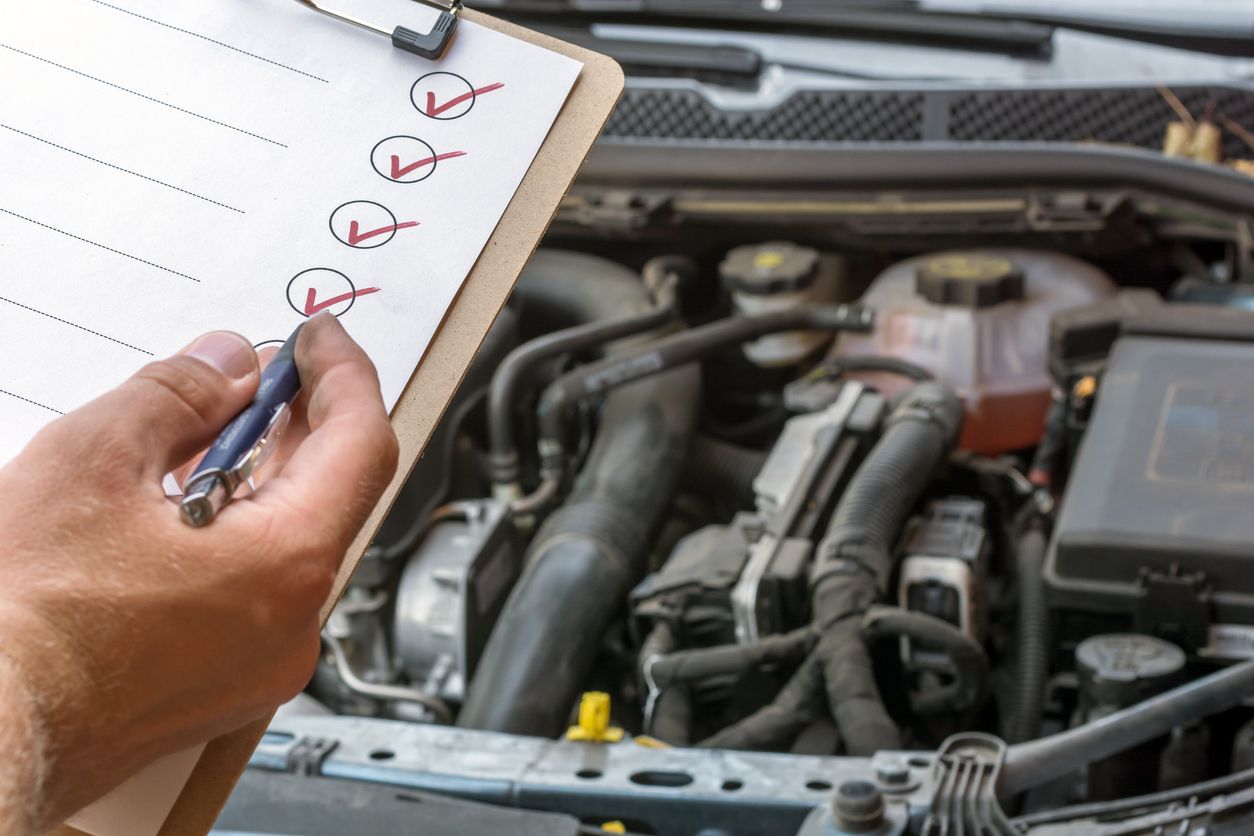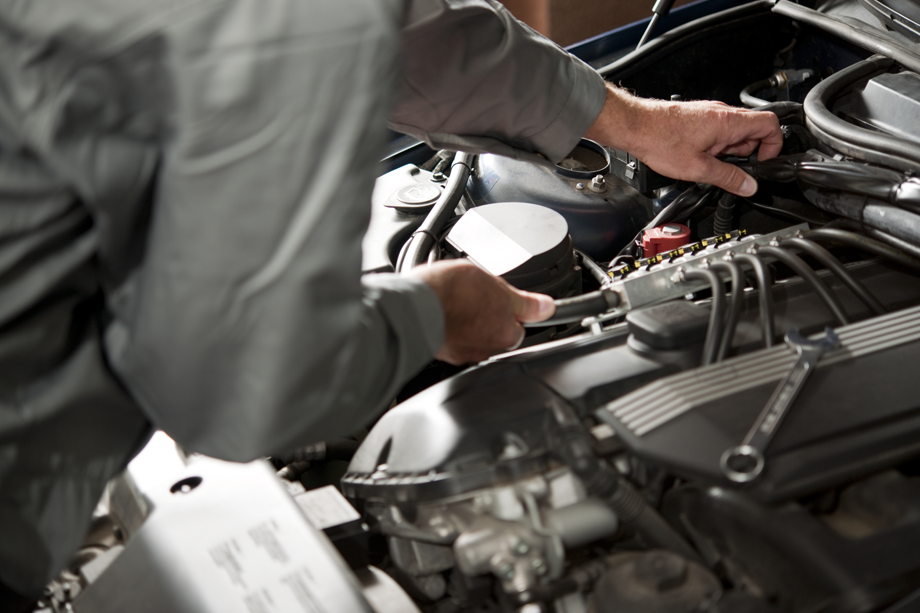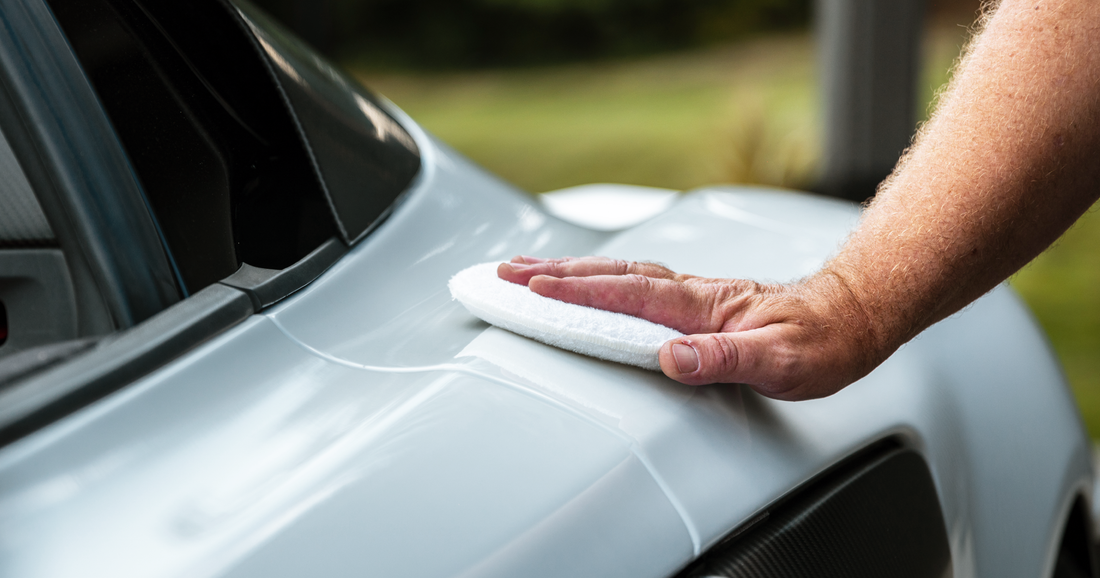All Categories
Featured
When your vehicle overheats, it can seem like a significant emergency situation, but remaining calm and following the ideal steps can avoid serious engine damage and assistance obtain you back when driving safely. In this article, we'll discover what to do if your cars and truck overheats and use preventative pointers to reduce the risk of overheating in the future.
If Your Car Gets too hot,What to Do. If your car begins to get too hot is to pull over to a safe area as soon as possible, pull Over to a Safe Location The very first and most important action. Switch on your danger lights and lead your vehicle to the shoulder or right into a parking area. Keeping your car running while it's overheated can cause severe damages to the engine, so it's essential to close the engine off right away.
Let the Engine Cool Off Once you've safely quit, enable the engine to cool down. You ought to never attempt to open up the radiator cap while the engine is still hot, as the release of heavy steam or warm coolant can trigger burns. Wait a minimum of 15-20 minutes to enable the engine temperature to go down to a much safer level before proceeding.
![]()
Inspect the Coolant Degree After the engine has cooled down, inspect the coolant levels by evaluating the reservoir or radiator. Leading it off with a mix of coolant and water (as defined by your automobile's manufacturer) if it's low. Constantly utilize caution when opening the coolant tank, as stress might have developed.
Seek Visible Leaks While you wait for the engine to cool, visually check the radiator, hoses, and coolant reservoir for any kind of noticeable leakages or fractures. A leaking radiator or hose pipe is an usual source of overheating. It's better to call a tow service than danger driving further and triggering additional damage. if you find a significant leakage.
Reboot the Engine After permitting the engine to cool down and making certain the coolant is completed, begin the engine and keep track of the temperature level scale. If the temperature proceeds to increase rapidly, it's best to shut the engine off and require roadside aid or a tow to the local auto mechanic.
![]()
How to avoid Getting Too Hot in the Future. Regularly Inspect Coolant Degrees Among the easiest ways to protect against getting too hot is by maintaining the best degree of coolant. With time, coolant can vaporize, so frequently examine the coolant degrees in the tank. Low coolant degrees can trigger the engine to get too hot rapidly, so top it off as required.
Check the Radiator The radiator plays an important role in keeping the engine cool. Occasionally examine the radiator for any type of obstructions, dirt, or debris that can block air flow. If you observe any type of indications of damage, such as rust or leaks, have it fixed or changed as soon as possible.
Replace the Thermostat and Water Pump A malfunctioning thermostat or water pump is a typical reason for getting too hot. The thermostat controls the flow of coolant, while the water pump circulates it via the engine. It can stop correct cooling if either part is damaged. When required., have your mechanic examine these components consistently and change them.
Flush the Cooling System With time, coolant can deteriorate and become inadequate, triggering a build-up of debris in the system. Flushing the air conditioning system every 30,000 miles, or as suggested in your car's manual, assists to eliminate any type of sludge or accumulation and makes certain the cooling system is operating correctly.
Screen the Condition of the Hose pipes The pipes in your automobile's air conditioning system can wear or crack over time. Examine the pipes for any kind of signs of wear, such as protruding, fractures, or leakages, and change them if needed. Stopping coolant leaks can go a lengthy means in avoiding overheating.
![]()
Drive Responsibly Hostile driving, such as speeding up rapidly or driving at high speeds, places additional pressure on your engine and its cooling system. Attempt to drive at modest speeds, especially on warm days or when driving on high slopes, to reduce the opportunities of getting too hot.
Stay Clear Of Straining Your Vehicle Carrying too much weight in your car puts anxiety on the engine and cooling system. Constantly bear in mind your car's weight limitation, particularly if you're carrying heavy lots, lugging a trailer, or driving cross countries in heat.
Final thought. An overheating vehicle can be a frightening experience, but knowing just how to react and avoid it can conserve you time, money, and potential engine damages. Constantly inspect your coolant levels, inspect essential parts like the radiator, thermostat, and hoses, and comply with a regular upkeep timetable. By remaining on top of your car's cooling system, you can reduce the danger of getting too hot and appreciate a smoother, much safer driving experience.
If Your Car Gets too hot,What to Do. If your car begins to get too hot is to pull over to a safe area as soon as possible, pull Over to a Safe Location The very first and most important action. Switch on your danger lights and lead your vehicle to the shoulder or right into a parking area. Keeping your car running while it's overheated can cause severe damages to the engine, so it's essential to close the engine off right away.
Let the Engine Cool Off Once you've safely quit, enable the engine to cool down. You ought to never attempt to open up the radiator cap while the engine is still hot, as the release of heavy steam or warm coolant can trigger burns. Wait a minimum of 15-20 minutes to enable the engine temperature to go down to a much safer level before proceeding.

Inspect the Coolant Degree After the engine has cooled down, inspect the coolant levels by evaluating the reservoir or radiator. Leading it off with a mix of coolant and water (as defined by your automobile's manufacturer) if it's low. Constantly utilize caution when opening the coolant tank, as stress might have developed.
Seek Visible Leaks While you wait for the engine to cool, visually check the radiator, hoses, and coolant reservoir for any kind of noticeable leakages or fractures. A leaking radiator or hose pipe is an usual source of overheating. It's better to call a tow service than danger driving further and triggering additional damage. if you find a significant leakage.
Reboot the Engine After permitting the engine to cool down and making certain the coolant is completed, begin the engine and keep track of the temperature level scale. If the temperature proceeds to increase rapidly, it's best to shut the engine off and require roadside aid or a tow to the local auto mechanic.

How to avoid Getting Too Hot in the Future. Regularly Inspect Coolant Degrees Among the easiest ways to protect against getting too hot is by maintaining the best degree of coolant. With time, coolant can vaporize, so frequently examine the coolant degrees in the tank. Low coolant degrees can trigger the engine to get too hot rapidly, so top it off as required.
Check the Radiator The radiator plays an important role in keeping the engine cool. Occasionally examine the radiator for any type of obstructions, dirt, or debris that can block air flow. If you observe any type of indications of damage, such as rust or leaks, have it fixed or changed as soon as possible.
Replace the Thermostat and Water Pump A malfunctioning thermostat or water pump is a typical reason for getting too hot. The thermostat controls the flow of coolant, while the water pump circulates it via the engine. It can stop correct cooling if either part is damaged. When required., have your mechanic examine these components consistently and change them.
Flush the Cooling System With time, coolant can deteriorate and become inadequate, triggering a build-up of debris in the system. Flushing the air conditioning system every 30,000 miles, or as suggested in your car's manual, assists to eliminate any type of sludge or accumulation and makes certain the cooling system is operating correctly.
Screen the Condition of the Hose pipes The pipes in your automobile's air conditioning system can wear or crack over time. Examine the pipes for any kind of signs of wear, such as protruding, fractures, or leakages, and change them if needed. Stopping coolant leaks can go a lengthy means in avoiding overheating.

Drive Responsibly Hostile driving, such as speeding up rapidly or driving at high speeds, places additional pressure on your engine and its cooling system. Attempt to drive at modest speeds, especially on warm days or when driving on high slopes, to reduce the opportunities of getting too hot.
Stay Clear Of Straining Your Vehicle Carrying too much weight in your car puts anxiety on the engine and cooling system. Constantly bear in mind your car's weight limitation, particularly if you're carrying heavy lots, lugging a trailer, or driving cross countries in heat.
Final thought. An overheating vehicle can be a frightening experience, but knowing just how to react and avoid it can conserve you time, money, and potential engine damages. Constantly inspect your coolant levels, inspect essential parts like the radiator, thermostat, and hoses, and comply with a regular upkeep timetable. By remaining on top of your car's cooling system, you can reduce the danger of getting too hot and appreciate a smoother, much safer driving experience.
Latest Posts
Your Ultimate Guide to Selecting the Best Fencing for Your Property
Published Jan 09, 25
1 min read
If Your Car Gets too hot and Exactly How to Avoid It, # What to Do
Published Jan 09, 25
0 min read
Top 5 Bathroom Remodeling Trends in Metro Detroit for 2025
Published Jan 09, 25
2 min read
More
Latest Posts
Your Ultimate Guide to Selecting the Best Fencing for Your Property
Published Jan 09, 25
1 min read
If Your Car Gets too hot and Exactly How to Avoid It, # What to Do
Published Jan 09, 25
0 min read
Top 5 Bathroom Remodeling Trends in Metro Detroit for 2025
Published Jan 09, 25
2 min read